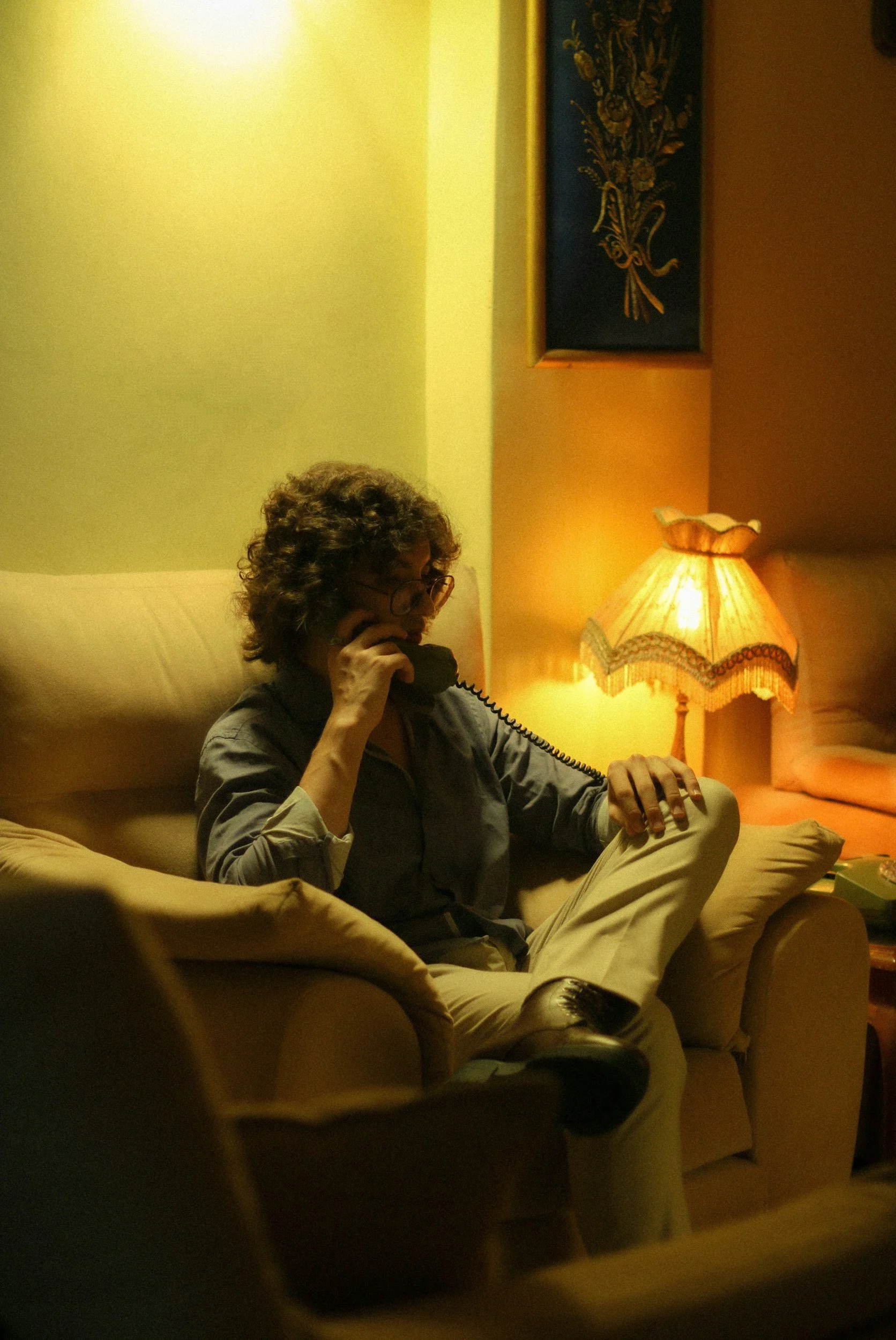Listening to Survivors: How We Can Heal Together and Build a Culture of Belief
From the DARCC Education Department, Maggie Bego, Director of Education
Last week we shared a deeply personal account from Jane Doe, a survivor, who bravely opened about the public response to high-profile abuse cases like Cassie’s. Her story highlighted the pain, doubt, and isolation that survivors often face because of not just the trauma itself but society’s reactions. Now it is time for us to move forward together. At the Dallas Area Rape Crisis Center, we witness daily how these public stories impact survivors and our community. The way we respond can either re-traumatize and silence or empower and heal. Here is what these cases teach us about where we fall short and how each of us can foster a culture of belief compassion and support,
1. Sensationalism retraumatizes
The media often focuses on shocking details like "freak-off parties" or settlement amounts. One headline read, "$100k hush deal, still brainwashed". That language fuels gossip, not understanding. For those who have lived through trauma, it reduces something deeply painful into a headline for clicks.
2. Delayed disclosure is common
Many asked why Cassie spoke up when she did. Why now? Why not earlier? But we know there’s no perfect time to tell your truth. Survivors often delay disclosure because of fear, shame, or self-protection. When Cassie said she was "still brainwashed," it makes perfect sense to a survivor.
3. Coercion is real abuse
In this article from Vox, experts explained why the emotional manipulation and control Cassie described is a form of abuse. Just because there’s no bruise doesn't mean there’s no damage. Emotional abuse is just as valid and can have long-lasting consequences. It should be seen and named.
4. Public judgment silences others
When we shame or disbelieve one survivor, we send a message to others. That message is to stay silent. We need to replace that with a different message to one that says you are believed, you are not alone, and you deserve to be heard.
How You Can Help
Believe survivors. It really is that simple.
Speak up against victim-blaming. When you hear someone say, “She just wants attention,” respond with compassion.
Hold media accountable. Share articles that center truth and survivors, not scandal.
Respect survivors' timelines. Everyone heals at their own pace.
Learn about trauma. Understand that abuse impacts every part of a person’s life.
Support local resources. DARCC offers free, confidential support for anyone impacted by sexual violence.
Thank you for listening, for reading, and for choosing to care. These stories are not easy to tell, but they are necessary. Together, we can change the way the world responds to survivors.
Referenced Articles:


